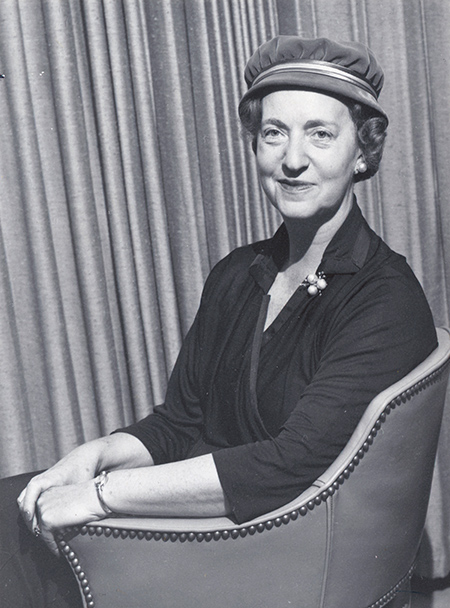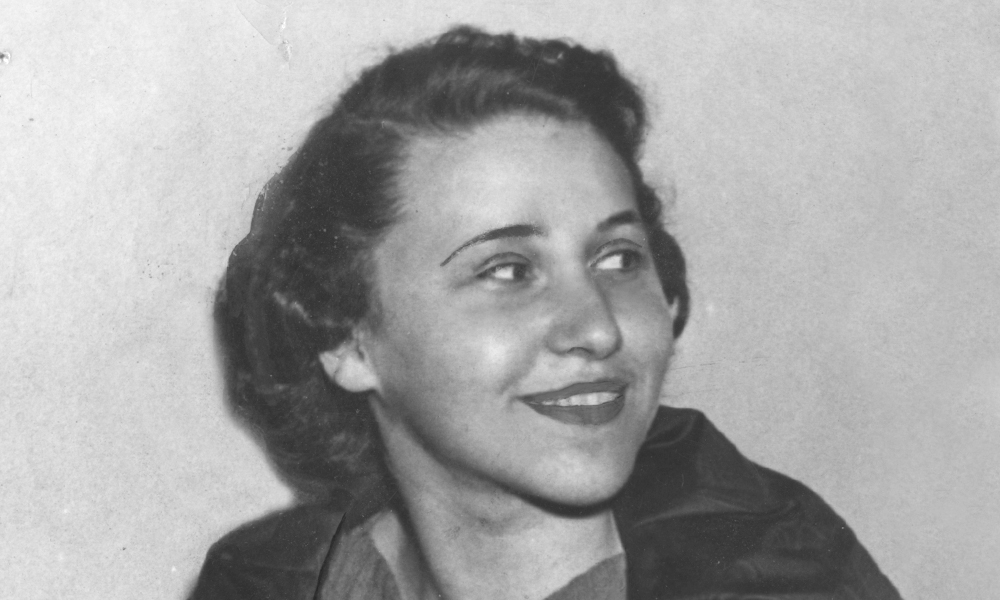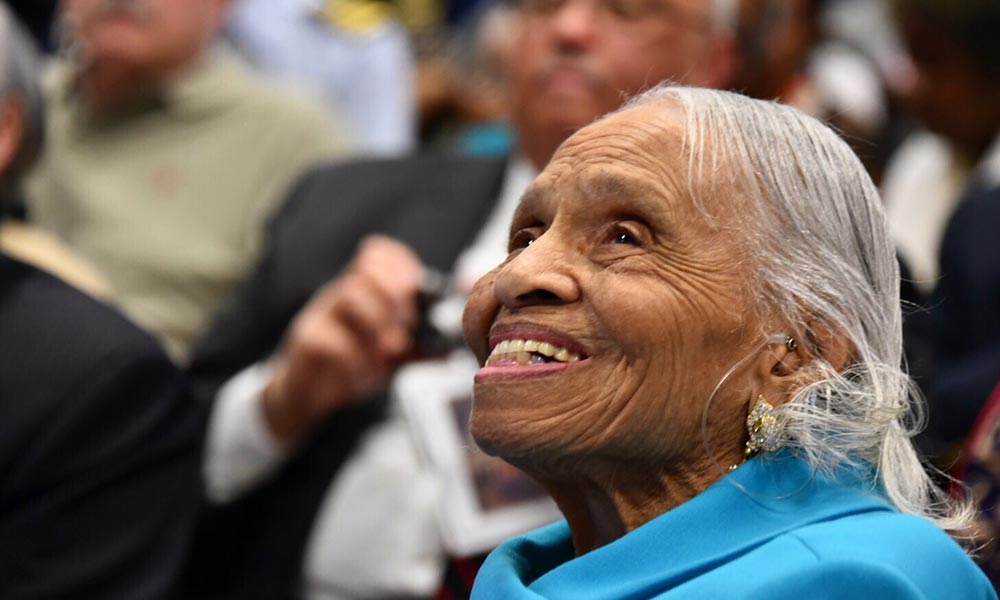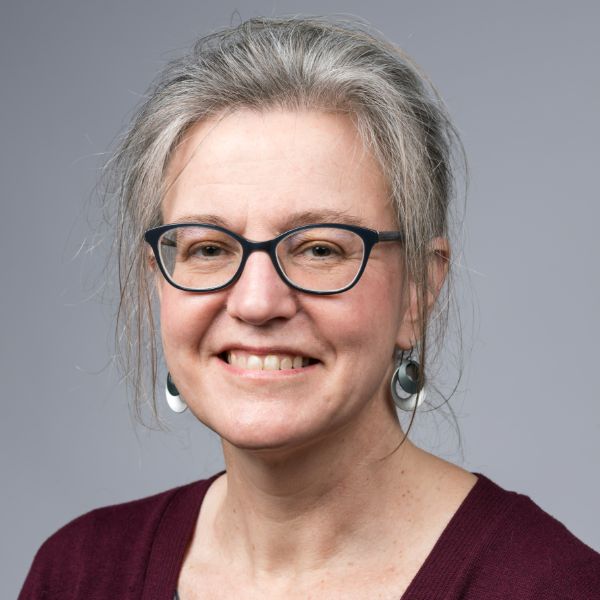
Rochester Women
Vera Micheles Dean
Born: 1903, St. Petersburg, Russia
Died: 1972, New York City
From 1954 to 1961, Dean was founding director of University of Rochester’s undergraduate Non-Western Civilizations program. Innovative for its time, it was among the first such interdisciplinary programs for undergraduate students in the nation, and reflected a sense of urgency that, in a post-colonial world, Americans become more literate about people and nations outside Western Europe and North America. On the American understanding of the non-Western world:
“At a time in our history when lack of such understanding may spell the difference between life and death for ourselves and our children, this vacuum in our education is more than a matter of polite regret.”
–Vera Micheles Dean, “The American Student and the Non-Western World,” Inglis Lecture, Graduate School of Education, Harvard University, 1956
Rochester Women is a Newscenter series designed to share the stories of women in the University’s history whose contributions deserve wider recognition than they may have historically received.
When members of the University of Rochester faculty were in the early stages of creating an experimental undergraduate program called Non-Western Civilizations, they were already looking to Vera Micheles Dean to lead the initiative.
A visiting professor at Smith College and the longtime research director of the Foreign Policy Association in New York City, Dean was widely recognized in the 1940s and 1950s for her expertise in international affairs. She had been among the advisors to the American delegation during the founding of the United Nations. At the Foreign Policy Association—an educational nonprofit that grew out of the immediate aftermath of the First World War—she was praised for her work in support of collective security and in helping to improve the public’s awareness and knowledge of the non-Western world. In particular, she urged that non-Western nations be understood on their own terms, and not viewed as flawed or failed Western ones.
During much of Dean’s career, the non-Western world was widely understood to encompass the Soviet Union and Eastern Europe, in addition to Asia, Africa, the Middle East, and Latin America. Dean was part of that world. Russian-born and Jewish, she fled St. Petersburg with her family during the Russian Revolution. Her upbringing made her well suited to understand the urgency of cross-cultural understanding. In Cold War America, however, it also meant that detractors would occasionally label her and her ideas subversive and anti-American.
Arriving in the United States as a teenager, she earned a bachelor’s degree from Harvard, a master’s degree in international law from Yale, and a doctorate from Harvard in international politics and law. She took on the role of consultant to Rochester’s nascent program in 1953 and, with funding from the Carnegie Corporation, became its founding director the following year.
While many universities offered graduate studies pertaining to the non-Western world, undergraduate courses were sparse in American higher education at the time. The centerpiece of the Rochester program was a two-semester, interdisciplinary, team-taught and thematic course that covered subjects from geopolitics to land use to art, in areas including Egypt, Israel, India, Pakistan, China, Japan, and sub-Saharan Africa.
Dean’s star power, combined with ongoing support and interest from President Cornelis de Kiewiet, helped make the program a success, and Rochester a destination for undergraduate studies in the non-Western world. A conference Dean organized, “World Awareness: The American Undergraduate and the Non-Western World,” attracted representatives from 50 American institutions, while colleges and universities studied the Rochester program as a model for their own curricula.
Throughout her tenure at Rochester, Dean maintained her role at the Foreign Policy Association (as she had done at Smith). Among her innovations there was the Great Decisions program, which she launched the same year she started at Rochester. The program, which enlists members of the public in discussions about salient issues in foreign policy, continues today.
Dean’s contributions to the University’s undergraduate curriculum also outlasted her tenure. While the concentration in non-Western Civilizations was disbanded in the mid-1960s, several of the courses that were integral to the program continued to be taught in the departments of history, political science, economics, and others.
“She has made an important contribution toward what has proved a permanent part of our educational structure,” said Arnold Ravin, dean of the College, in 1961. That was the year Dean returned full time to New York City to take a teaching position at New York University’s Graduate School of Public Administration and be closer to her family, which included a grown son and daughter.
Dean suffered multiple strokes in her last years, and died in 1972. At the time of her death, she was the author of a number of influential books, including Europe in Retreat (1941), Foreign Policy Without Fear (1953), and The Nature of the Non-Western World (1957).
Read more in Rochester Women

‘Your sexuality is yourself, as the total person you are’
The latest Rochester Women profile looks at the life of Mary Calderone ’39M (MD), a pioneering advocate for sex education who was both celebrated and vilified for her work during a time a great cultural division over sexuality and feminism.

‘A very different status and kind of career’
The Rochester Women series continues with the story of Sylvy Kornberg ’38, ’40M (MS), a biochemist most often cited as the wife and the mother of Nobel Prize-winning scientists, but who played a critical role in the discovery of DNA replication.

‘The memories of what happened to us then will never go away’
By the time of her death at age 103, Olivia Hooker ’62 (PhD) was an early witness to devastating acts of racist violence, the first African-American woman to serve in the Coast Guard, and a prominent psychology professor.




